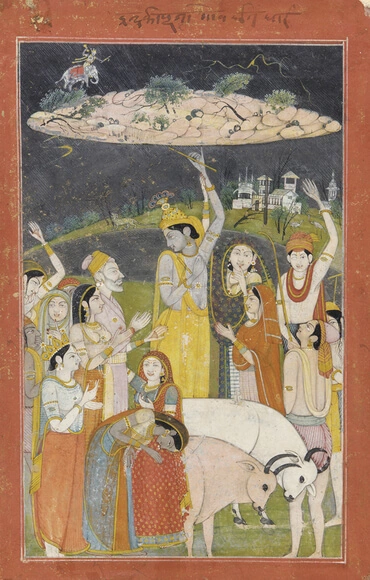1
فعدت ورفعت عينيّ ونظرت واذا بدرج طائر.
2
فقال لي ماذا ترى. فقلت اني ارى درجا طائرا طوله عشرون ذراعا وعرضه عشر اذرع.
3
فقال لي هذه هي اللعنة الخارجة على وجه كل الارض. لان كل سارق يباد من هنا بحسبها وكل حالف يباد من هناك بحسبها.
4
اني اخرجها يقول رب الجنود فتدخل بيت السارق وبيت الحالف باسمي زورا وتبيت في وسط بيته وتفنيه مع خشبه وحجارته
5
ثم خرج الملاك الذي كلمني وقال لي. ارفع عينيك وانظر ما هذا الخارج.
6
فقلت ما هو. فقال هذه هي الايفة الخارجة. وقال هذه عينهم في كل الارض.
7
واذا بوزنة رصاص رفعت. وكانت امرأة جالسة في وسط الايفة.
8
فقال هذه هي الشر. فطرحها الى وسط الايفة وطرح ثقل الرصاص على فمها.
9
ورفعت عينيّ ونظرت واذا بامرأتين خرجتا والريح في اجنحتهما. ولهما اجنحة كاجنحة اللقلق فرفعتا الايفة بين الارض والسماء.
10
فقلت للملاك الذي كلمني الى اين هما ذاهبتان بالايفة.
11
فقال لي لتبنيا لها بيتا في ارض شنعار. واذا تهيّأ تقرّ هناك على قاعدتها







